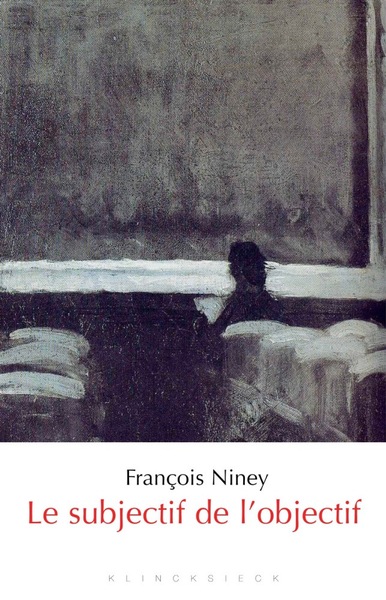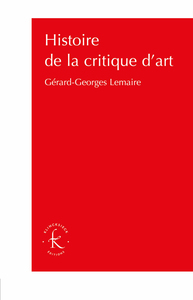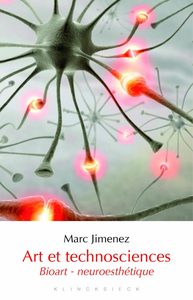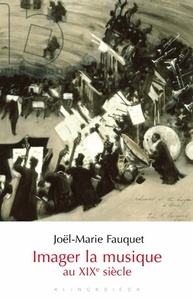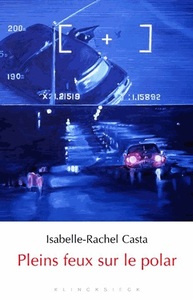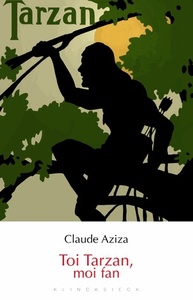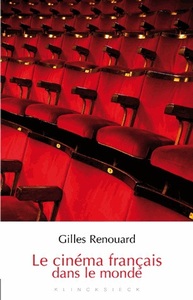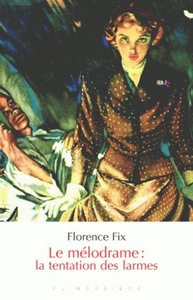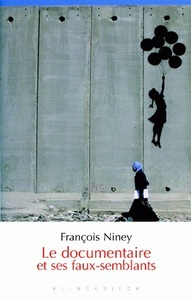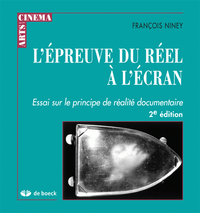Nous utilisons des cookies pour améliorer votre expérience. Pour nous conformer à la nouvelle directive sur la vie privée, nous devons demander votre consentement à l’utilisation de ces cookies. En savoir plus.
LE SUBJECTIF DE L'OBJECTIF - NOS TOURNURES D'ESPRIT A L'ECRAN
EAN : 9782252039175
Paru le : 19 févr. 2014
-
 Livraison gratuite
Livraison gratuite
en France sans minimum
de commande -
 Manquants maintenus
Manquants maintenus
en commande
automatiquement -
 Un interlocuteur
Un interlocuteur
unique pour toutes
vos commandes -
 Toutes les licences
Toutes les licences
numériques du marché
au tarif éditeur -
 Assistance téléphonique
Assistance téléphonique
personalisée sur le
numérique -
 Service client
Service client
Du Lundi au vendredi
de 9h à 18h
- EAN13 : 9782252039175
- Collection : 50 QUESTIONS
- Editeur : Klincksieck
- Date Parution : 19 févr. 2014
- Disponibilite : Provisoirement non disponible
- Barème de remise : NS
- Nombre de pages : 164
- Format : 1.20 x 13.40 x 20.90 cm
- Poids : 205gr
- Interdit de retour : Retour interdit
-
Résumé :
Of what does the singular, as well as multifaceted, experience of watching a film consist? I see it with my own eyes from the film-maker's viewpoint and that of the film's characters. What does this experience mean, what do the figures behind a film shoot teach us about our state of mind in terms of how we perceive and share the world, or about the significance of our moral vision? This essay on the psychology of films and that of viewers is devoted to such enlightening issues, in which the object is not to apply psychology to the cinema, but to examine what the latter reveals about our psychology, our ways of expressing ourselves, of understanding each other, and of lying to one another. Master Hitchcock's films serve as a vital lead in this line of questioning, just as Wittgenstein's Remarks on the Philosophy of Psychology serve as methodical points of reference. Is it Hitchcock enlightened by Wittgenstein or Wittgenstein in the shadow of Hitchcock ? Suspense…
François Niney, a philosopher, critic and professor in the field of cinematography (Femis, Paris 3 Sorbonne nouvelle, ÉNS, Sciences-po), is a member of Institut de recherche sur le cinéma et l'audiovisuel (IRCAV). The main thrust of his research is documentary films and the relations between reality and fiction, truth and editing, filming and history. He has penned numerous articles and publications, including L'Épreuve du réel à l'écran (De Boeck, 2002) and Le documentaire et ses faux-semblants (Klincksieck, 2009).
He also produces documentary films, such as Marcel Ophuls, parole et musique (in Veillées d'armes, DVD Arte Video, 2006). -
Biographie :
Maître de conférences en littérature comparée (en 1990).

